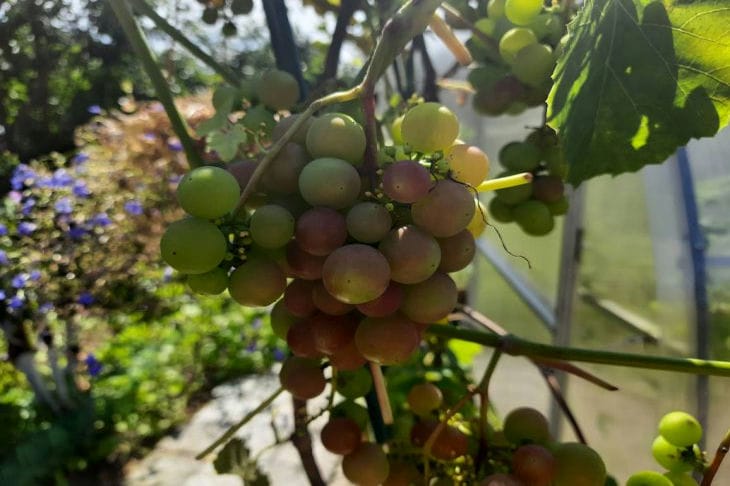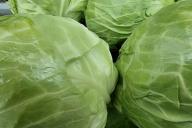Insects such as wasps can be a serious problem for grape vines and crops.
To protect your grapes, there are several precautions you should take.
The first step is to attract their attention to other plants. Wasps are usually attracted to bright colors and sweet scents of flowers.

You can plant flowering crops such as yarrow in the area of your grape vines. This can also attract beneficial insects that can help control pests.
The second step is to set up wasp traps. Traps can be made from a variety of materials, including glass bottles, plastic bottles, or apples.
To do this, you need to fill the traps with a sweet liquid, such as lemonade or sugar solution.
The wasps are attracted to the sweet smell and fall into the trap where they cannot escape. This will help reduce the number of wasps in your garden.
The third step is to use physical barriers. You can use special nets or fabrics to protect the grapes from insects.
These materials should be installed on the supports that support the vines. This will not only protect the plant from wasps, but also protect it from other pests and birds.
The fourth step is to use natural repellents. Certain scents can repel these insects, such as mint, lavender, or cloves.
You can plant plants with such scents in your garden to repel wasps and other pests. It can also add aesthetics to your garden, making it more attractive to guests and yourself.
Step 5: Regular grape care. Make sure the vines are not damaged, as insects will flock to them.
Regularly trim excess branches and leaves to ensure adequate air circulation and sunlight. Don't forget to pick grape vines in time.
The sixth and final step is to use chemical wasp control. Chemicals can be effective, but they should be used with caution.
Make sure you follow the manufacturer's instructions. It is important to consider the environmental impact of using chemicals, so it is recommended that they be used only as a last resort.
In conclusion, protecting vines from wasps can be achieved through several precautions, including attracting their attention to other plants, using traps and physical barriers, natural repellents, regular maintenance of vines, and using chemicals only as a last resort.
Earlier we talked about the importance of pinching cucumbers .








